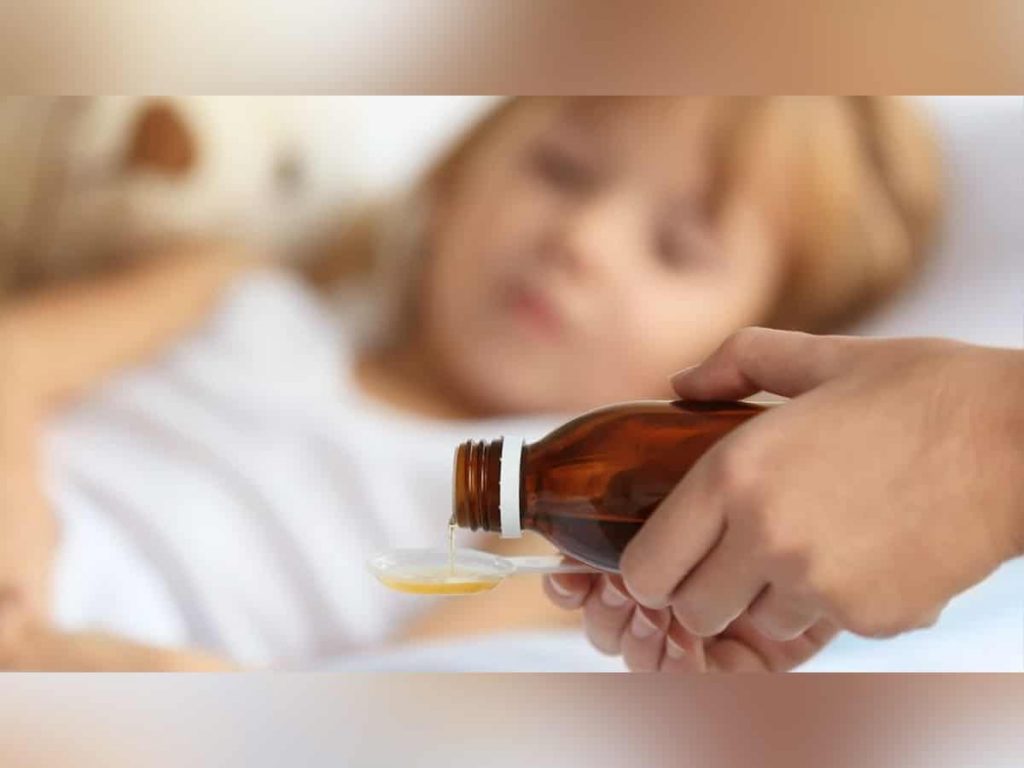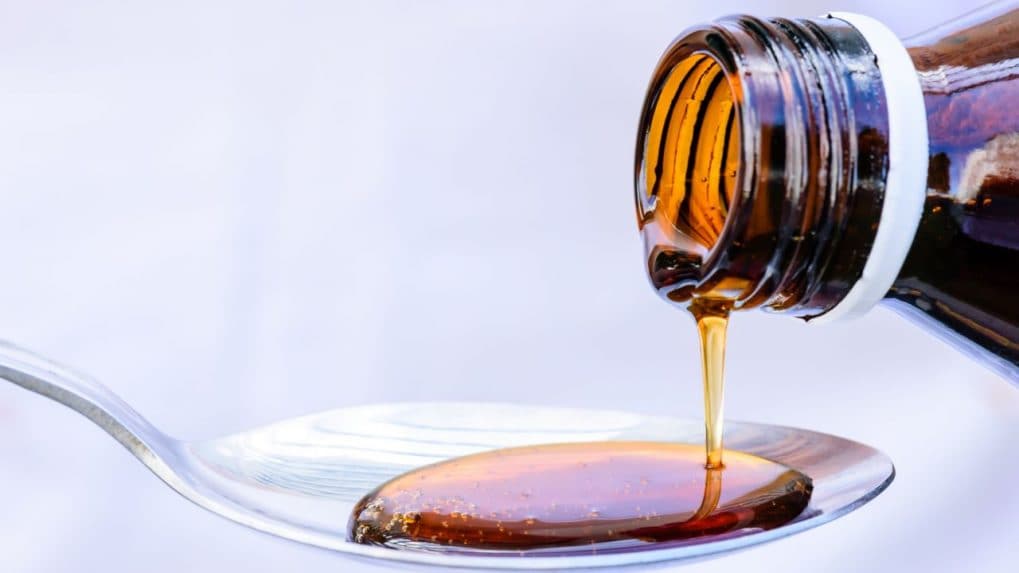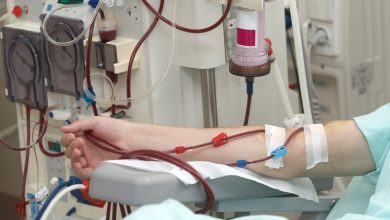
Following the deaths of dozens of children connected to Indian-made cough syrups, the Gambia will mandate that all drugs from India be inspected and tested prior to shipment starting on July 1, the first known restrictions on national exports.
Last year, doctors in the Gambia reported at least 70 pediatric deaths, the majority of whom were under the age of five, as a result of acute kidney injury brought on by adulterated Indian cough syrups.
Ethylene glycol and diethylene glycol, which are frequently found in car brake fluid and other products unfit for human consumption, were found to be deadly toxins in cough syrups made in India, according to the World Health Organization’s report from last year.
Because they can be less expensive than propylene glycol, a key component of syrupy medicines, these ingredients can be substituted by dishonest actors, according to manufacturing experts.
The latest action by the Gambia is to “address issues related to substandard and falsified (counterfeit) medicines entering the country,” the executive director of the country’s Medicines Control Agency (MCA), Markieu Janneh Kaira, wrote in a letter to Rajeev Singh Raghuvanshi, India’s drug controller general, on June 15.
In the letter, it was stated that the MCA had appointed Mumbai-based Quntrol Laboratories, an independent pharmaceutical inspection and testing business, to issue a “Clean Report of Inspection and Analysis” (CRIA) for each shipment coming from India.
“Quntrol shall conduct document verification, physical inspection of the consignment and sampling, for laboratory testing for each shipment,” the letter said.
“If conformity is established at all levels, Quntrol shall issue the mandatory CRIA document. If conformity is not established with regards to the quality of the product, the shipment will be quarantined or seized by the MCA and the necessary regulatory actions shall be taken.”

According to Janneh Kaira, the rule “applies to India for now only”. Before any cough syrups are exported, India has made tests a requirement as of June 1.
The new regulation demonstrates how, since the contamination was discovered last year, governments are reevaluating their reliance on India’s $42 billion pharmaceutical industry.
Nearly half of the pharmaceuticals used in Africa are supplied by the Indian pharmaceutical industry.
After at least 70 children in the Gambia died after consuming cough syrup last year, the Indian government claimed in April that its officials had held meetings there to ensure that its drug exports did not suffer.
Source-VOA




